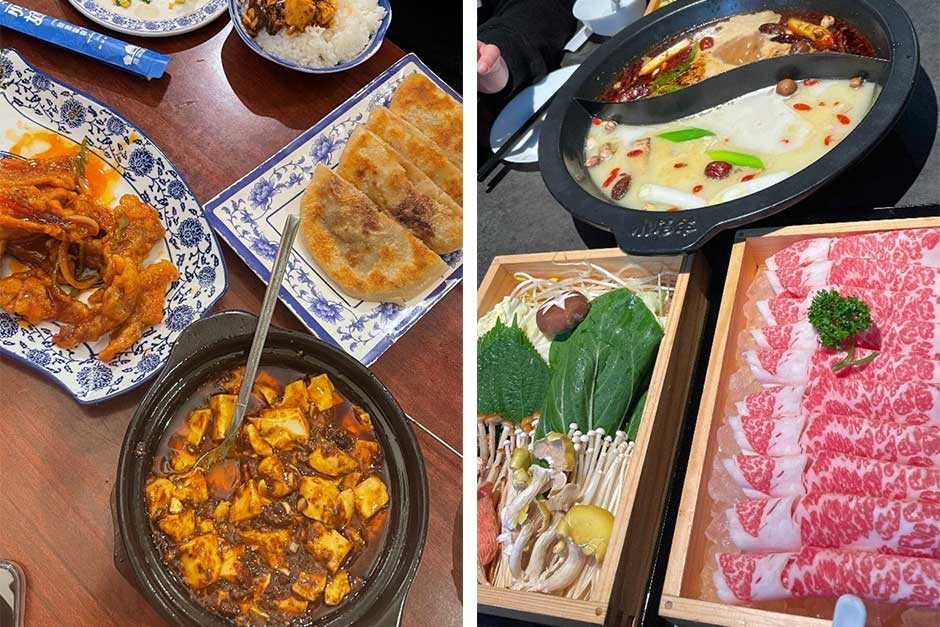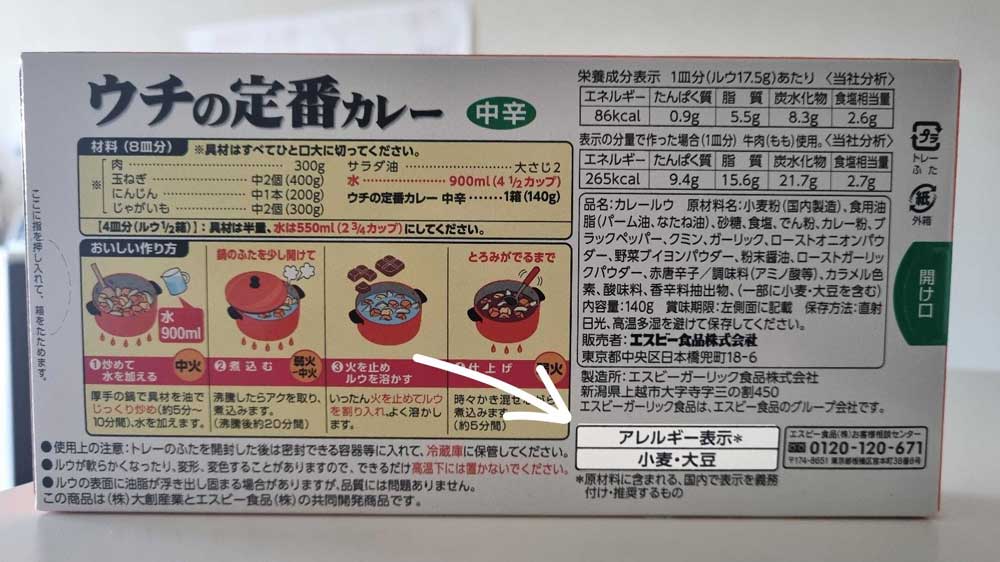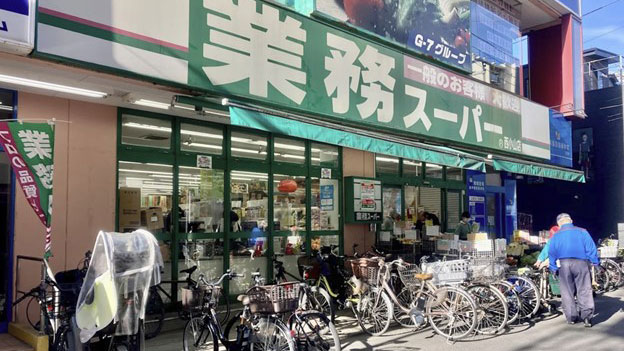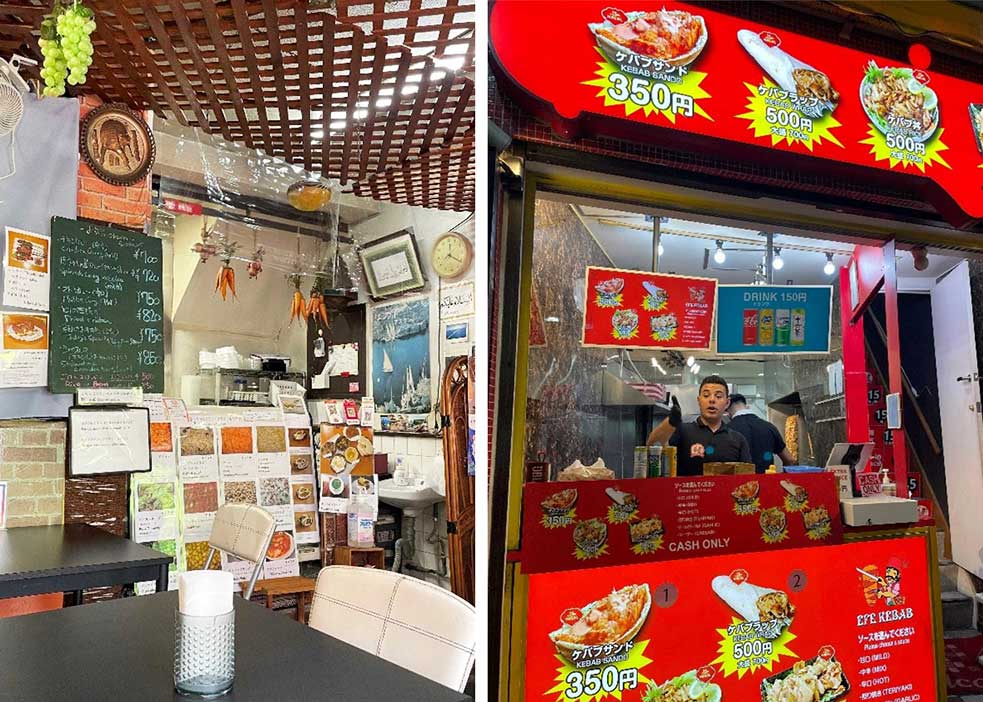If you’re reading this, chances are you’re either a Muslim who is looking to study in Japan, or someone who has taken a keen interest in our way of life. If you’re the former, this article might just convince you to take that giant first step. If you’re among the latter, I would like to offer the biggest thank you for your interest! Either way, I am very delighted to walk you through an important facet of the Muslim way of life through this blog post.
The topic of Islamic dietary needs spans a wide range of interesting aspects to talk about. However, we can simply start from an abridged primer of our food restrictions:
- All forms of vegetables, fruits, seafood, and their derivatives are okay.
- In terms of animal meats that are commonly eaten, pork and its derivatives (e.g., gelatin, pork extract) are forbidden.
- Other animal meats are fundamentally okay when slaughtered in the proper way (quick and deep painless incision to the throat while calling upon the name of God).
- Any intoxicating drinks and their derivatives (e.g., cooking wine, mirin) are forbidden.

Forbidden foods are often referred to as haram (/həˈrɑːm /; حَرَام) and permissible ones as halal (/həˈlɑːl/; حلال). While there are more conditions related to rare food items (like fanged/clawed animals), the four points above should be sufficient in understanding the everyday Islamic diet. Our food restrictions might seem complicated or alien at a glance, but you can just consider it a variant of commonly known diets like the vegan or pescatarian diet. It’s something very common and should not deter anyone from trying to invite their Muslim friends out to dinner. As I will go into detail later, there’s actually a lot of restaurants in Tokyo that we can safely eat at!
*A good thing to note is that the degree to which Muslims follow the principles above varies between
individuals. This is perfectly normal, like how maybe some of your Catholic friends miss their Sunday Worship sometimes, or how maybe some Japanese like to visit temples more than others. Each of us are on a different point in our spiritual and religious journey, so don't be surprised if you observe inconsistencies among your Muslim friends. You can simply keep using the points above as a general guideline.
With that out of the way, let’s get to the guide!
KNOWING WHAT YOU EAT
This will sound obvious but if you’re a Muslim trying to uphold your halal diet, you first need to know exactly what you are eating. This is relatively easy when you’re shopping for raw ingredients, but what about processed and packed goods like those delectable convenience store breads? As such, I recommend all Muslims in Japan learn the kanji/katakana readings for important ingredients by heart. The main terms to remember include (but are not limited to):
- Animal product-related: 豚 (pig), 牛 (cow), 鶏 (chicken), 肉 (meat), 油脂 (fat), ラード (lard)
- Alcohol-related: 酒 (sake), 味醂 (mirin), アルコール (alcohol)
- Other derivative products: ゼラチン (gelatin), ショートニング (shortening), コンソメ (consommé; a soup seasoning mix)
Basically, just make sure that these are not present in your food’s ingredient list. If memorizing them feels a bit overwhelming, you don’t have to worry. A quick Google search with a term like “halal kanji list” will give you a relatively comprehensive list of stuff you can print and carry around. In restaurants, you can also confirm what you’re eating with simple terms like “Kono ryori ni wa butaniku ka arukooru ga haittemasuka? (この料理には豚肉かアルコールが入っていますか?)” which means “Does this dish contain pork/alcohol?” It goes without saying, but knowing how to speak Japanese in Japan is very helpful!

If that tip seems too simple, here is an advanced one: Japan actually has a food labeling system that can help you quickly identify ingredients in a product. As seen in the picture above, most processed foods will have a dedicated section for allergens somewhere in their packaging. More details on how the system works can be found at this link, but in short, you can usually confirm the existence of around 40 specific ingredients (including chicken, beef, pork, and gelatin) very quickly by skimming through the allergen section. Personally, this significantly cuts the time I need to check a product; I first glance at the allergen section to check for meat derivatives, then I scan for alcohol derivatives in the full list.
SHOPPING FOR INGREDIENTS
Another challenge for us Muslims who like to cook is finding halal meats and other specific ingredients native to our home country’s cuisine. Indeed, one of the things that people often miss the most when living abroad is food from home. Fortunately, Tokyo is one of the biggest food capitals in the world (It even had the world’s most Michelin star restaurants in 2024!). With such excellent food diversity, you can rest assured that the ingredients you’re looking for definitely exist in this city. You only need to know where to look for them.

First off, let’s talk about halal-certified meats. In terms of white meats, chicken is probably the easiest one to find; look for Brazilian-imported chicken under the brand Sadia or Seara with a halal stamp on the packaging. You can most easily find the 2kg boneless thigh variant in the supermarkets OK Store, Gyomu Super, and Niku no Hanamasa. Sometimes, certain non-touristy Mega Don Quijotes also have them, along with the more elusive whole chicken variant. Red meats are a bit harder to find in Japanese supermarkets, but sometimes you can find Australian or New Zealand-imported beef and lamb under the brand True Aussie Beef & Lamb or Anzco Foods which are typically halal and have a halal stamp. If you can’t see the stamp, you might need to directly ask the store clerk to see the original imported cardboard to be 100% certain. Alternatively, check online if you can find the name of the Australian slaughterhouse/abattoir supplying to the supermarket and see if they are halal certified.
Next, a sure-fire way to find not only halal-certified red meats but also exotic ingredients and spices is through specialty shops. In Tokyo, there are several neighborhoods where these kinds of shops are gathered. The most famous one is around Okubo. Accessible through the JR Okubo or JR Shin-Okubo station, this area is often known as the Koreatown of Tokyo. Less commonly known though, Okubo also houses a sizeable Muslim community. If you wander away from the main road a little, you can find big halal specialty shops such as Shinjuku Halal Food and Nasco Halal Food which should sell all your needs from meats to specialty spices. A particular shout out to Toko Indonesia, which focuses on goods imported from Indonesia. If you happen to visit Ikebukuro, just one station away is Otsuka, a lesser-known neighborhood with a high concentration of halal shops.
Either way, finding halal and exotic ingredients in Tokyo definitely requires some effort and knowledge, but it is by no means hard. For spices, sauces, and snacks, places like OK Store, Gyomu Super, Niku no Hanamasa, Don Quijote, and even the Kaldi right on Ookayama’s shopping street houses an array of imported halal products with visible stamps; just be on the lookout! One final tip: when the sweltering summer heat or the harsh wintry wind prevents you from going outside, a lot of the aforementioned shops offer online shopping with a flat shipping fee of around 1500 yen for packages under 15kgs. If you go this route, I personally recommend buying bulk with friends so you can split the fee.
EATING OUT HALAL
What if you don’t have the skills or means to cook by yourself? No need to fret, because there are certainly ways to maintain your halal diet while exclusively eating out. The easiest way to do this is to stick to food varieties and restaurants that exclusively use safe ingredients like seafood and vegetables. For example, the tasty Tuna Mayonnaise Onigiri from nearby convenience stores, the Tekkamaki from your favorite sushi place, the Salt-grilled Mackerel set from the cafeteria, or a classic Margherita Pizza can cover your nutritional needs. One thing to be careful about when doing this is condiments and sauces, however. For example, some kinds of shoyu do have alcohol additives to prevent mold. Depending on your personal boundaries, it might be a good idea to carry around a small bottle of halal-certified shoyu or any other condiments which you can find online.
The next alternative is going to one of the many halal-certified restaurants in Tokyo, which you can find via a simple search in Google or social media like TikTok. I assure you there are more than you would expect. If you walk around in a touristy neighborhood nowadays, you can randomly stumble into places with a halal logo upfront. Also, certain genres of restaurant like South Asian (e.g., Nepal, Pakistan) or Middle Eastern (e.g., Turkey, Egypt, Palestine) are more likely to be halal due to the large Islamic population of the origin country. When you come across a random Nepali restaurant or a Kebab joint run by natives, there’s a big chance that you’ll hear a resounding yes when asking whether or not the food is halal.

By utilizing the two approaches above, you should now have quite a wide pool of restaurants as your go-to. However, there might be times when you are traveling to other cities in Japan or you want to expand your options. In that case, you can try the final approach: manually examining the ingredients a restaurant is using. For small privately-owned restaurants, this usually means asking the chef about the ingredients they use. However, chain restaurants usually will have information online about the allergens for their dishes, which you can find using the keyword アレルギー情報 (arerugii jouhou ; lit. allergen information). For example, Saizeriya has this information publicly available on their website. Additionally, information concerning the origin of their ingredients (i.e., which country they import from) can be found using the keyword 原産地 (gensanchi ; lit. place of origin). All of these require more effort than just sticking to the safe genres or halal-certified places, but depending on your personal policy this can expand your options. I personally think it’s also just generally good practice to be as informed as possible about the things you eat and how they are sourced.
CLOSING REMARKS
I sincerely hope that this helps you navigate your (or your friend’s) halal diet. If you’re not living here yet, I hope that reading this eases some of your worries, and maybe even convinces you to take that leap and enroll in Science Tokyo! Yes, finding food in this city is not as easy as in my home country Indonesia, where halal foods are just right around the corner. That being said, it’s also not that hard when you know where to look. I also encourage you to talk to fellow Muslims, get close to your communities, and see if they have any nifty survival tricks and favorite shops. Do that enough and I bet that you’ll know more than me in no time.
To close this post, I’ll share some of my lesser-known favorite places to eat around Tokyo below. Here’s hoping I’ll see you there!
- Efelif Kebab : A cost-effective Kebab joint just beside JR Okubo Station with humongous portions and great sauces. The shop owner is super friendly, so be prepared when they greet you with compliments. Also be prepared to wait at least 15 minutes, because this place is always busy.
- Khan Kebab Biryani : My go-to place around the Ginza/Shimbashi area for lunch (dinner is a bit expensive). The Mutton Biryani and Tandoori Chicken are delicious, but this place also has a wide selection of non-typical Indian dishes you can sample.
- Toribushi Halal Ramen : A very unassuming halal ramen place two minutes from JR Okachimachi station. Unlike some other halal ramen options in Tokyo, this store doesn’t feel like it’s trying to cater to foreigners; it’s cheap, reliable, and the thick chicken broth is approved by locals.
- Aliya Halal Restaurant : A halal Chinese restaurant in Ikebukuro where anything you order from the big menu will almost always taste good. I recommend going here in a group to order many different items to share. Also, get the amazing lamb skewers.
- Grill Hunter Gotanda : Go here when you’re around Gotanda and you just want to eat an irresponsible amount of meat. Get their Double Hamburg Steak set, which costs around 1500 yen, and you’re going to get enough beef to last you until next month.
